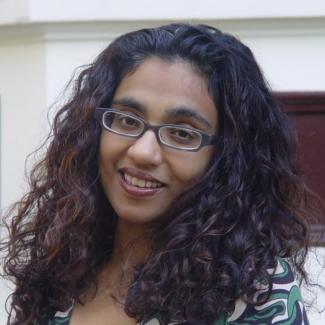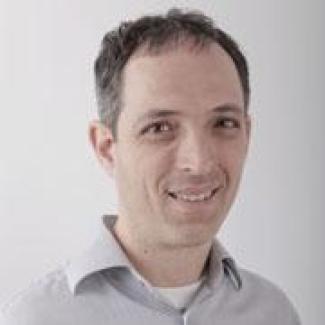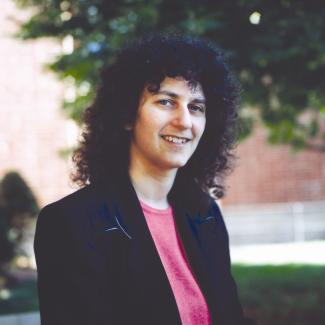
Network Biology aims to understand the web of interactions among cellular components, which affect all activities and disease. Only by understanding these interactions (among genes, proteins, RNAs, complexes and other molecules) can a higher level of understanding of organismal function, dynamics and development be achieved. Further, cellular networks provide a holistic framework within which to interpret other high-throughput heterogeneous measurements (e.g., expression levels, mutations, chemical modifications, etc.) that are being collected across organisms, individuals, cell types and conditions, and increasingly at the level of individual cells. This workshop will bring together a diverse set of scientists focused on inferring and analyzing cellular networks, using a wide range of techniques including wet-lab experiments, graph algorithms, combinatorial optimization, machine learning and statistics.
All talks will be recorded. Enquiries may be sent to the organizers at this address.
Support is gratefully acknowledged from:
Judith Abecassis (Institut Curie), Nadav Ahituv (UCSF), David Amar (Tel Aviv University), Anastasia Baryshnikova (Princeton University), Serafim Batzoglou (Stanford University), Niko Beerenwinkel (ETH Zürich), Gill Bejerano (Stanford University), Bonnie Berger (Massachusetts Institute of Technology), Colin Collins (Vancouver Prostate Center), Thomas Courtade (UC Berkekey), Lenore Cowen (Tufts University), Bhaskar DasGupta (University of Illinois at Chicago), Hu Ding (State University of New York at Buffalo), David Dynerman (UC Berkeley), Funda Ergun (Indiana University), Monica Golumbeanu (ETH Zürich), Dan Gusfield (UC Davis), Iman Hajirasouliha (Stanford University), Ben Hescott (Tufts University), Trey Ideker (UC San Diego), Igor Jurisica (University of Toronto), Tamer Kahveci (University of Florida), Govinda Kamath (Stanford University), Beyrem Khalfaoui (Mines Paristech), Carl Kingsford (Carnegie Mellon University), Gunnar Klau (CWI Amsterdam), Mehmet Koyuturk (Case Western Reserve University), Anshul Kundaje (Stanford University), Martin Kupiec (Tel Aviv University), Hayan Lee (Lawrence Berkeley National Lab), Marine Le Morvan (MINES ParisTech), Chad Myers (University of Minnesota), Marcus Noyes (New York University), Uwe Ohler (Humboldt University/Max-Delbruck Center), Yaron Orenstein (Massachusetts Institute of Technology), Lior Pachter (UC Berkeley), Katie Pollard (UCSF), Victoria Popic (Stanford University), Natasa Przulj (University College London), Teresa Przytycka (National Institutes of Health), Ben Raphael (Brown University), Cenk Sahinalp (Indiana University), Thomas Sakoparnig (University of Basel, Biozentrum), Ron Shamir (Tel Aviv University), Roded Sharan (Tel Aviv University), Mona Singh (Princeton University), Donna Slonim (Tufts University), Steve Smale (City University of Hong Kong), Ulrich Stetzl (Max Planck Institut für molekulare Genetik), Fengzhu Sun (USC), David Tse (Stanford University), Fabio Vandin (University of Padova), Jean-Philippe Vert (MINES ParisTech), Martin Vingron (Max Planck Institut für molekulare Genetik), Michael Waterman (University of Southern California), Zhiping Weng (University of Massachusetts), Jinbo Xu (Toyota Technological Institute at Chicago), Yuqing Yang (Tsinghua University), Nir Yosef (UC Berkeley), Haiyuan Yu (Cornell University), Meirav Zehavi (Technion Israel Institute of Technology), Xiuwei Zhang (EMBL), Louxin Zhang (National University of Singapore)






